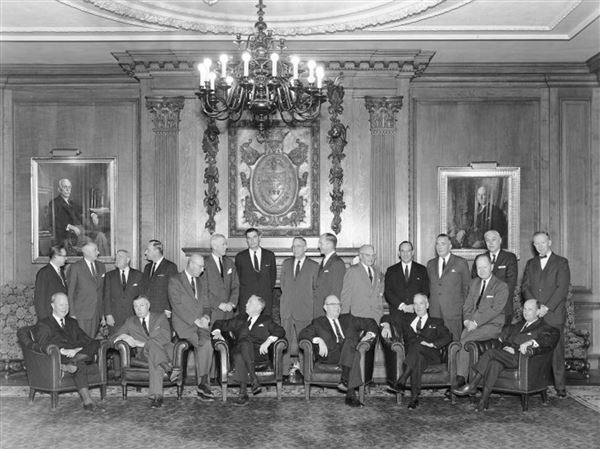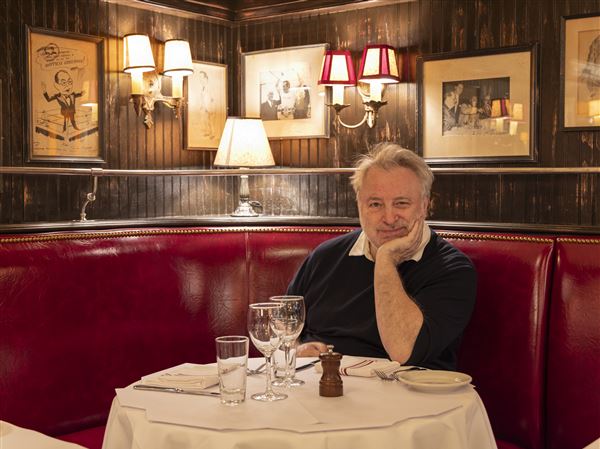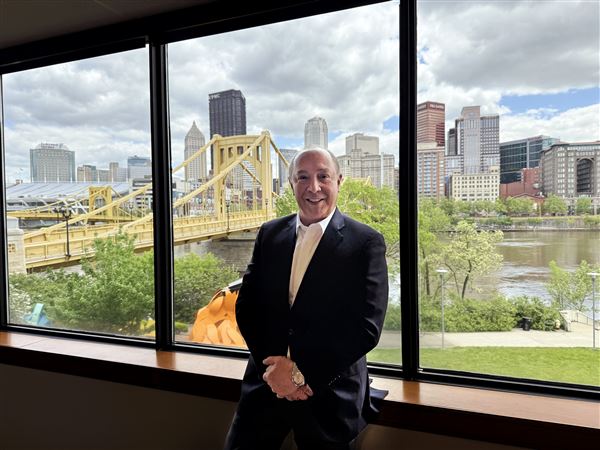Developers who have been trying for 30 years to build townhouses in Wilkins have lost their latest request for a variance.
Nino Barcellino and John Dinnocenzo want to build townhouses at Greensburg Pike and Elizabeth Street.
The Dinbar project, as it is being called, is working with a difficult piece of property.
It floods easily, so storm water would have to be pumped to a sewer. But given the value of houses in that area, the system would be too costly for the three houses that may be built under zoning regulations.
The system could be built if the cost were spread across several townhouses. But zoning regulations require at least 7,500 square feet of land per unit, and there is enough room for only three units.
In 1986, the developers asked for a zoning variance for eight townhouses. They were denied.
Last year, they proposed seven units. Again, they were denied.
Then they asked for a conditional use permit, under a different part of the zoning code.
The zoning board approved the request, ruling that there are conflicting laws and that denying a multifamily development would deprive the owners of economic use of their property.
The victory was short-lived. Wilkins commissioners sued the Wilkins zoning board. Only the commissioners, they argued, have the authority to grant a conditional use permit.
Common Pleas Judge Joseph James has urged the parties, according to Dinbar attorney Stephen Capone, to resolve the dispute "by any means."
So Dinbar scaled back the proposal and again asked for a variance.
The only way the land can be economically developed, Mr. Capone told the zoning board last week, is to build six units. That would allow them to use nearly 40 percent less land per unit than required.
The costs of land, site work and construction work out to $132,792 to $147,542 per unit, using Dinbar's figures, and they could sell them as condominiums for $150,000.
Last year, the developers said seven townhouses would cost $180,000 each to build and sell for about $200,000.
Three residents spoke against the development. They said it would be too dense for their neighborhood and would create traffic and parking problems.
The board voted, 3-2, to deny the variance, with Ralph Keller, Constancee McKeever and Janet Bunecicky in the majority and Rawley Krasik and M. Joseph Martinelli in the minority.
First Published: May 4, 2006, 4:00 a.m.














